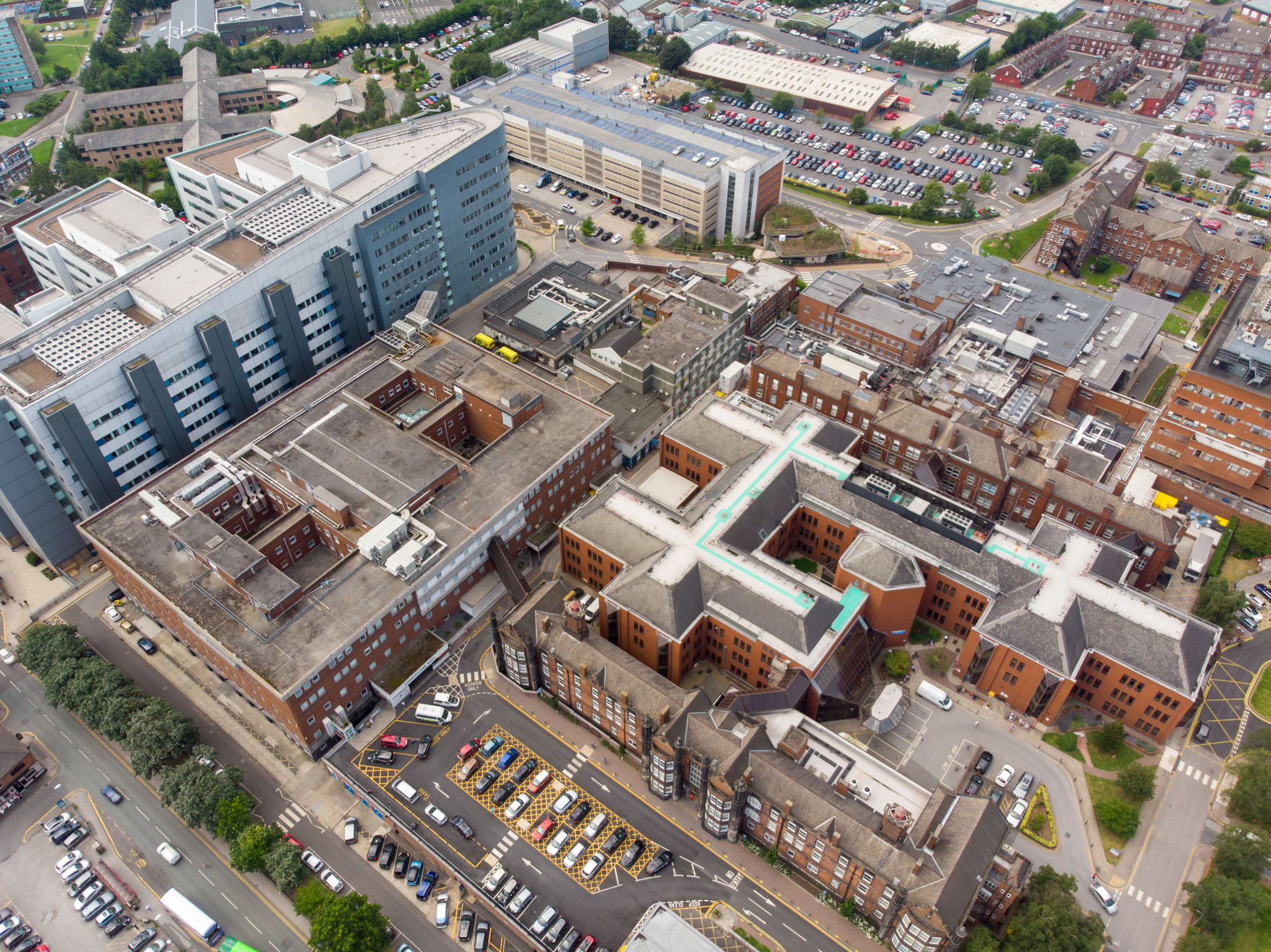Choosing the Right Medical Training Program: A Comparison Guide
Understanding Your Career Goals
Choosing the right medical training program can significantly impact your career trajectory and satisfaction. Before diving into the specifics of different programs, it’s crucial to understand your own career goals. Are you interested in becoming a specialist in a particular field, or do you see yourself working in general practice? Knowing where you want to end up can help guide your program selection process.
Some programs offer more comprehensive training in specific fields, while others provide a broader approach. Consider what aligns best with your aspirations. If you are still undecided, opting for a program with a versatile curriculum may be beneficial.

Accreditation and Reputation
The accreditation status and reputation of a medical training program are crucial factors to consider. Accreditation ensures that the program meets certain standards of quality and rigor, which can affect your education and future employment prospects. Check whether the program is accredited by recognized bodies in the medical field.
A program's reputation can often provide insights into the quality of education and resources available. Research reviews from current and former students, and consult rankings and assessments from reputable sources in the medical community to gauge the program’s standing.
Curriculum and Specializations
The curriculum of a medical training program should align with your areas of interest and career goals. Examine whether the program offers specializations or elective courses that cater to your desired field, whether it be pediatrics, oncology, or any other specialization.
It’s also important to consider the balance between theoretical knowledge and practical experience. Programs that offer hands-on experience through clinical rotations, labs, or internships can provide essential real-world skills that are invaluable in the medical profession.

Faculty and Resources
The quality of faculty and resources available within a training program plays a pivotal role in shaping your educational experience. Experienced instructors who are leaders in their fields can offer insights that go beyond textbooks. Investigate the faculty’s credentials, research interests, and teaching philosophy.
Additionally, assess the resources provided by the program, such as access to state-of-the-art laboratories, libraries, and technology. These resources can enhance your learning experience and better prepare you for your future career.
Location and Lifestyle
The location of the medical training program can influence your lifestyle significantly. Consider whether you prefer studying in an urban setting with access to diverse healthcare facilities or in a rural area with a more focused community approach.
Also, evaluate the cost of living in the area where the program is located. This can affect your financial situation during your studies and determine whether you'll need to work part-time or seek additional financial aid opportunities.

Financial Considerations
Medical training programs can be a significant financial investment. It's important to compare tuition fees across different programs and consider available financial aid options such as scholarships, grants, or student loans. Some programs may offer work-study opportunities or partnerships with healthcare institutions that provide funding in exchange for service commitments post-graduation.
Creating a realistic budget that factors in tuition, books, housing, and other living expenses can help guide your decision-making process. Ensure that you choose a program that aligns with both your educational needs and financial capacity.
Post-Graduation Opportunities
Finally, consider the post-graduation opportunities offered by each program. Investigate the success rate of graduates in securing residencies or employment in their chosen fields. Programs with strong industry connections may offer networking opportunities or career services that facilitate job placements.
Additionally, alumni networks can be a valuable resource for mentorship and career guidance. Review how well-connected the program is with hospitals, clinics, and other healthcare organizations to ensure a smooth transition from education to practice.
